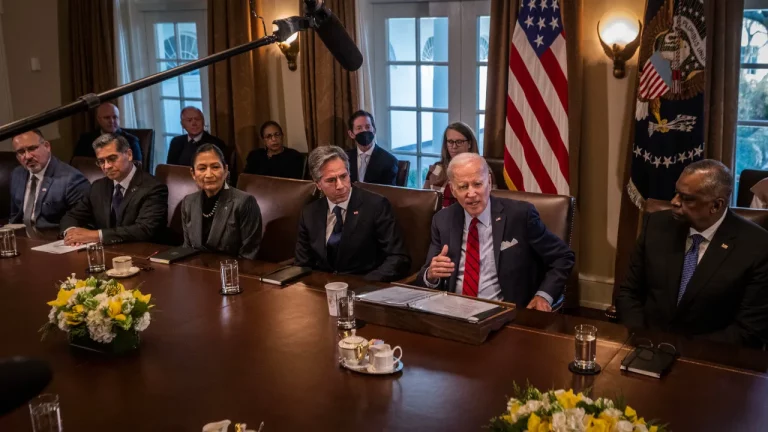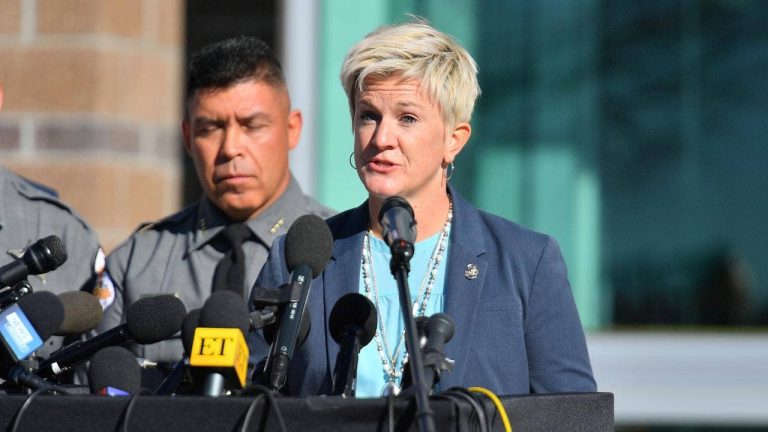Senator Durbin considers using a tool to block Trump’s nominees if he is re-elected.
Senate Judiciary Chairman Dick Durbin, D-Ill., has expressed his willingness to revisit a Senate norm that allows home state senators to reject judicial nominees they are not in favor of. This comes as the possibility of former President Trump being reelected in November becomes more apparent.
During a recent Judiciary Committee meeting, Durbin addressed Republican concerns about their inability to block certain circuit court judicial nominees in their region due to the lack of consideration for “blue slips,” which indicate approval or opposition from home state senators.
The blue slip rule was traditionally respected by committee chairs for many years until it was phased out in 2017.
“I’m open to having discussions and dialogue on a bipartisan basis,” Durbin stated last week.
“If we are going to reinstate the blue slips for circuit court judges, it should be done prospectively, without knowing the outcome of the upcoming election,” he elaborated.
As talks about the blue slip rule resurface, some speculate that Democrats are concerned about the future of judicial nominations if Trump wins another term. Mike Davis, former chief counsel for nominations to ex-Senate Judiciary Chairman Chuck Grassley, R-Iowa, dismissed this notion as “nonsense.”
Republican strategist Ron Bonjean suggested that Democrats are preparing for a potential loss of majority and the White House, viewing the blue slip rule as an “insurance policy.”
Senator Grassley, who deviated from the blue slip tradition during the Trump administration, implied that Democrats were using the rule more as a filibuster substitute than for genuine concerns.
Grassley’s spokesperson emphasized that the blue slip process is a courtesy, not a rule, and pointed out that many past chairmen have held hearings on circuit court nominees without returned blue slips.
Carrie Severino, president of the Judicial Crisis Network, highlighted that the blue slip rule has never been an absolute barrier to considering a nominee. She argued that some are trying to uphold it as more of a norm than it actually was historically.
Political science professor Ryan Owens observed that the renewed interest in the blue slip rule signifies Democratic acknowledgment of possible vulnerability heading into the election, with the chance of Trump reclaiming the presidency.
Senator Thom Tillis urged his Democratic colleagues to support reinstating the rule and to heed the concerns raised by home state senators. He warned that if the election were held today, Trump would likely win, along with a potential Republican Senate majority.
Disagreement persists among Democratic and Republican senators regarding who is to blame for the demise of the blue slip rule. Democrats attribute it to Grassley’s handling of circuit court nominees, while Republicans trace it back to earlier actions.
Despite bipartisan interest in the blue slip’s revival, the prospects of reaching a resolution before the election appear slim. Politicians are wary of proposed agreements from parties in weakened positions.
In conclusion, the fate of the blue slip rule hangs in the balance as political tensions rise in anticipation of the upcoming election and the potential return of former President Trump to the White House.








